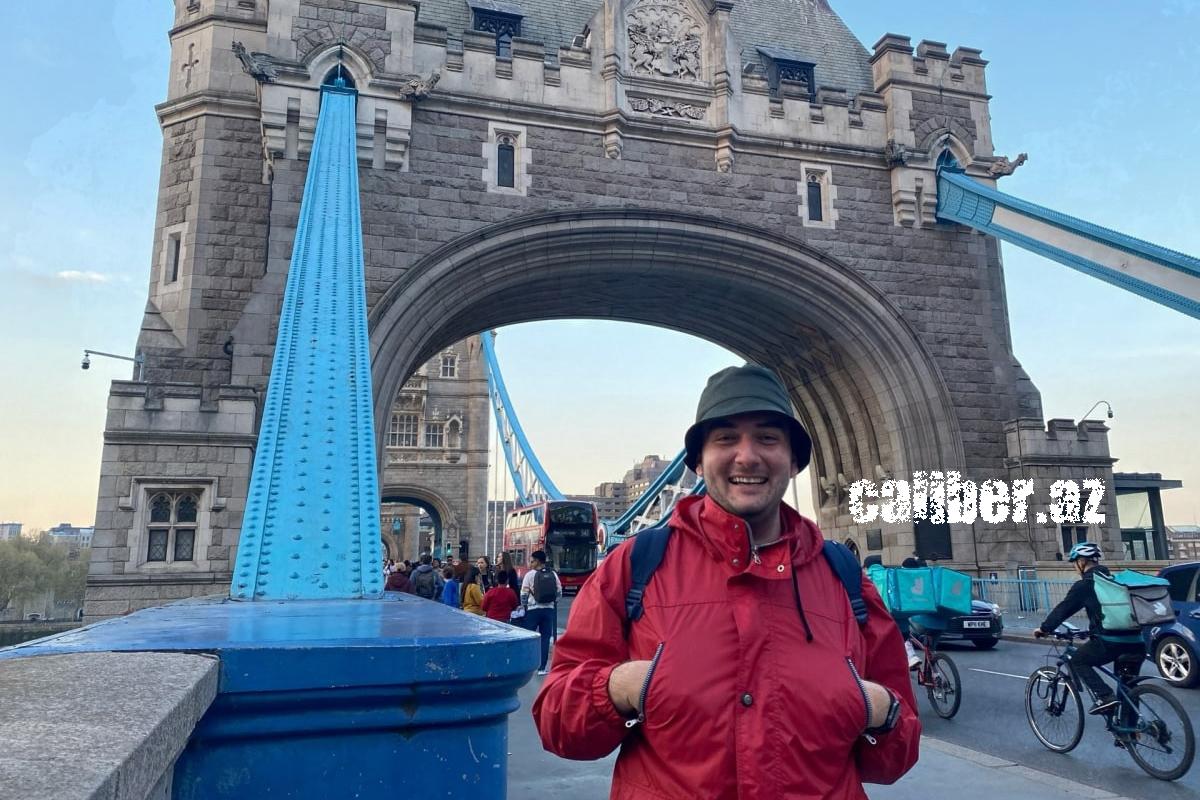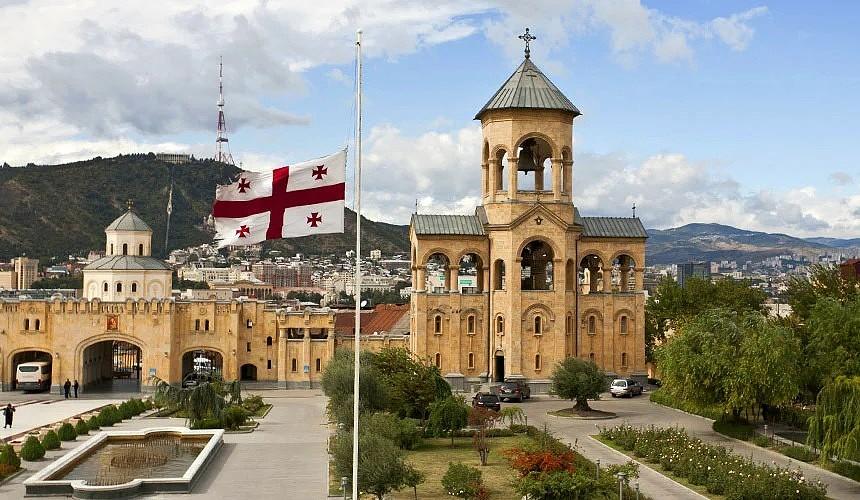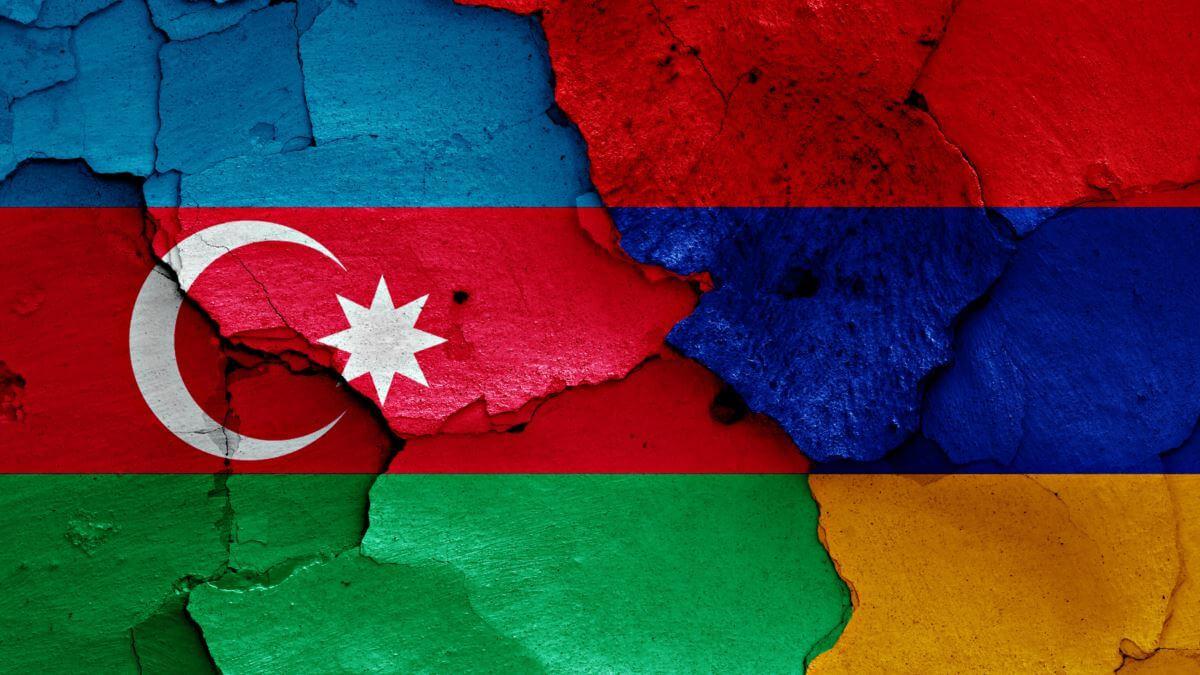"South Caucasus faces much more serious challenges than conflicts with neighbours" Caliber.Az from Tbilisi
Caliber.Az had an interview with George Odoshashvili, a Georgian political scientist, an expert in international relations, and an employee of Ilia State University in Tbilisi and Glasgow University (Great Britain).

- I would like to know your attitude toward the new Georgian-American concept of military cooperation. What does it offer Tbilisi?
- The US and Georgia are strategic partners. Georgia is a key US ally in Eastern Europe, was the third-largest contributor of troops to the war in Iraq and the largest per capita donor to the US-led mission in Afghanistan.
The United States, for its part, has been active in helping Georgia strengthen its state institutions amid growing pressure on the country from its northern neighbour, Russia. The US has provided more than $3 billion in financial assistance since 1991.
The US cooperates closely with Georgia to ensure mutual security and fight terrorism.
The Georgian people have made a firm decision about the western orientation, and in 2008 almost 78% of Georgians voted for it in a consultative referendum on accession to NATO. So Tbilisi has long ago and irrevocably chosen to work closely with Euro-Atlantic organizations and actors.

- How do you assess Georgia's current foreign policy course?
- Even though there are some doubts about the current government’s behaviour. They mostly hesitate to act against Russia. This is actually visible from the war in Ukraine's emergence when the Georgian government refused to join the international sanctions against Russia… and other different and further issues inside the country.
It is written in the Georgian constitution (chapter 12) that the country must integrate into Euro-Atlantic structures, and constitutional bodies must do everything possible to facilitate this with their work. Now the country has filled in the EU Commission's questionnaire, and tensions are rising, as the whole society is waiting for an answer from Brussels - whether we will get the EU candidate status or not. But the actions of the government and its informal head Ivanishvili (who had close ties with Russia in the past) raise doubts.
- How long do you think Georgia will have to wait for full membership in the EU and NATO?
- Georgia has a lot of work to do and a lot to reform. The country (formally, not politically) is not yet ready to join the EU and NATO. Nevertheless, the geopolitical situation, as well as the current challenges to the international security system may accelerate some developments and bring the trio of Ukraine, Moldova and Georgia closer to the doors of the Euro-Atlantic family. But I think there is still a lot to be done. It is impossible to give an exact date.
- What hopes do you have for the Georgia-Azerbaijan-Türkiye cooperation format?
- This format is an important mechanism for multilateral cooperation, especially in the region. It will lead to many serious formats of common work, which will increase interest in the region and increase its attractiveness.
- Why, in your opinion, in 1918, immediately after its formation, did Armenia begin to make territorial claims against its neighbours, Azerbaijan and Georgia?
- Territorial issues very often arise in the international arena not only in the Caucasus but all over the world, which can be caused by the historical past, involvement of third parties, etc. This is a long and endless topic and should be evaluated by historians.

- Azerbaijan and Armenia have created state commissions on border delimitation. How soon do you think the process of border delimitation will start, and in general, is a stable peace between Armenians and Azerbaijanis possible?
- I think it is possible, and it is inevitable. The South Caucasus also faces much more serious challenges than the conflicts with the neighbouring states (yes, there is a problem, and it needs to be solved as soon as possible). Peace and cooperation after the resolution of various issues are extremely important for the region, especially when the international system is changing and new actors, such as China, are emerging. I think that peace between Armenia and Azerbaijan is very complicated and difficult, but possible and inevitable.
- How do you assess the current level of Georgian-Azerbaijani relations?
- We are close friends and we have a long history of cooperation that both sides can be proud of. Former President Saakashvili described these relations as follows: "Whoever opposes Azerbaijan or Georgia is an enemy of both our countries." The current government continues to strengthen ties with Azerbaijan, and although there are some disagreements, both sides maintain both intense business and warm friendly relations, which are very important for our region.








